There’s no question that as the second decade of the 21st century opens, we are at a defining moment for our planet.
“When you look at the big issues facing humanity, they are all touching on the environment — climate change, environmental justice, environmental health,” says Earth and planetary scientist David Fike, who leads the International Center for Energy, Environment & Sustainability (InCEES) at Washington University in St. Louis.
Universities like WashU are rising to meet this great sustainability challenge through myriad ways including environmental research; taking action on their own campuses; and educating young people so they can put their knowledge into practice in the world around us.
From the Andes to the Ozark Plateau
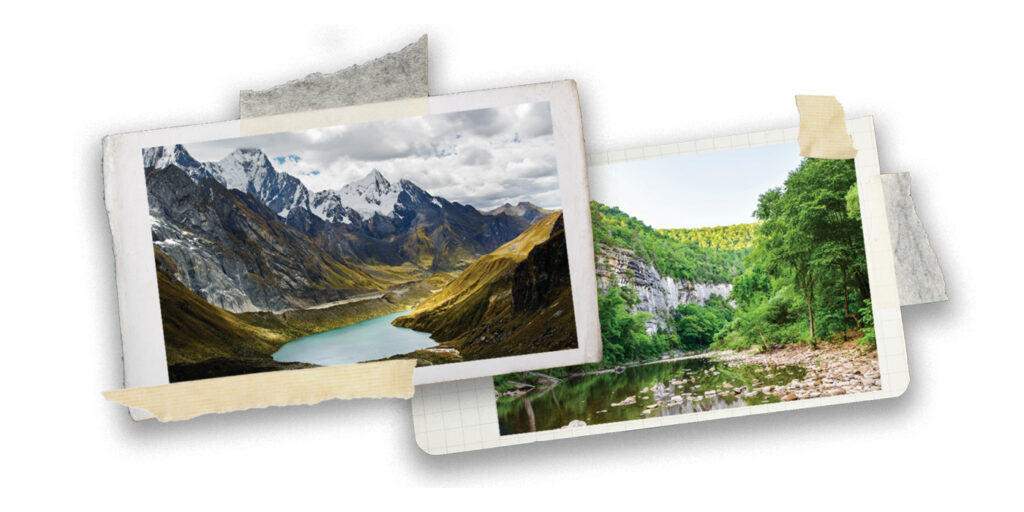
“The plight of our planet’s species is quite literally a matter of life and death. It is incumbent on research institutions like ours to step up and find ways to undo the damage that has already been done and work toward solutions to preserve against future loss.”
Mark S. Wrighton, in announcing the formation of the Living Earth Collaborative in 2017.
Today, high-altitude parts of the tropics such as the Peruvian Andes are warming faster than the rest of the globe. Researchers Bronwen Konecky and Sarah Baitzel are reconstructing past climate and cultural shifts in this area. What they discover could predict how the people and animals in this delicate ecosystem might be affected in the future.
Meeting the challenge through research
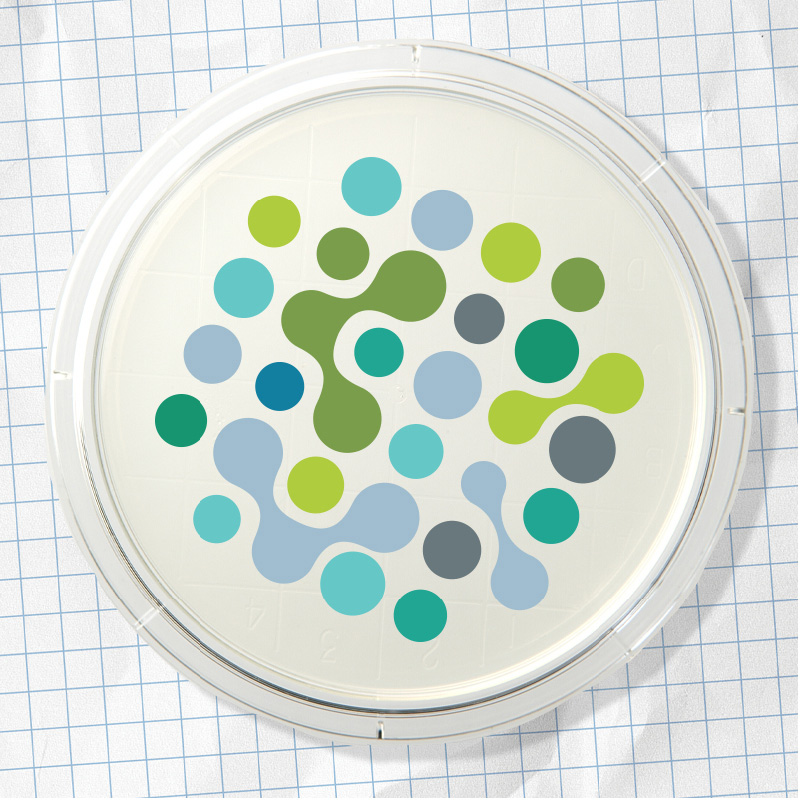
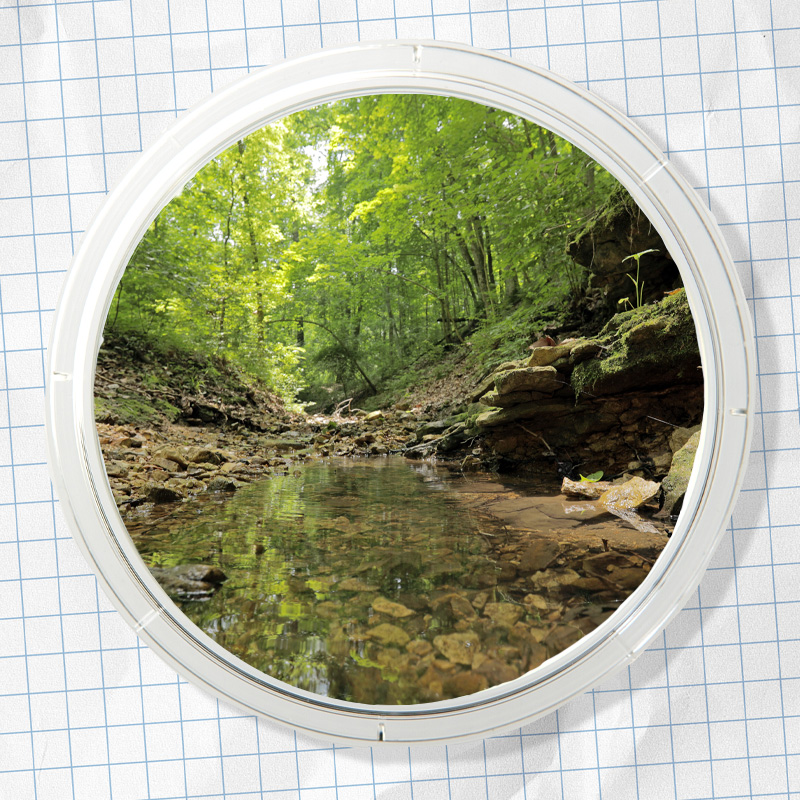
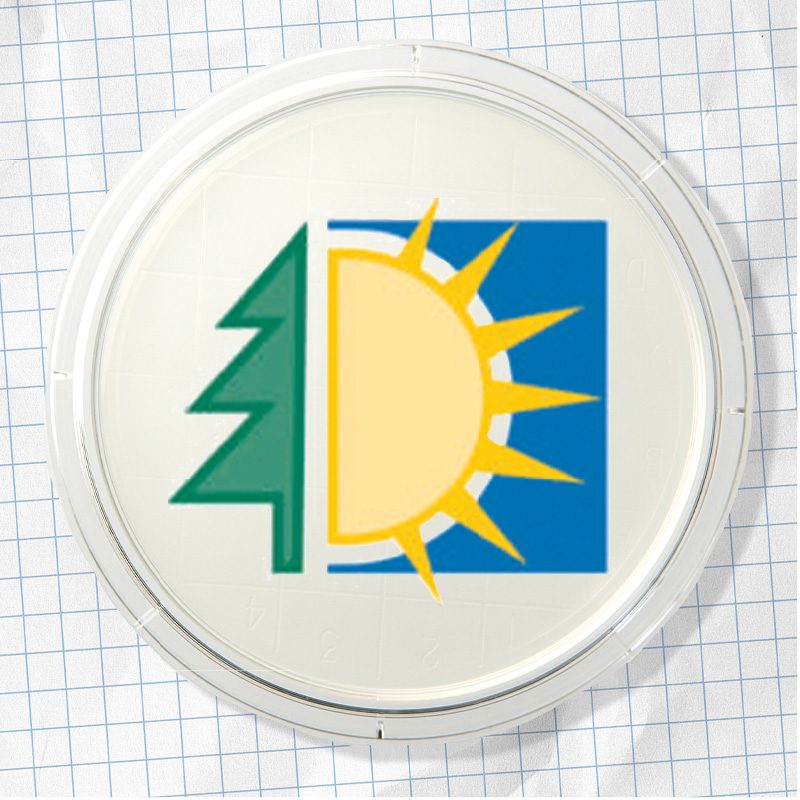
Hands-on holistic learning to help the planet
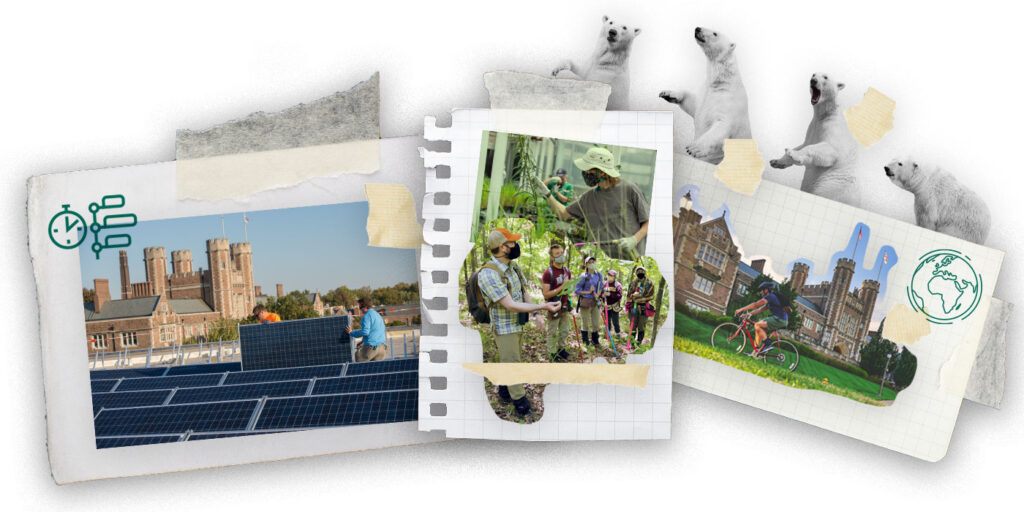
“Data alone is never the full answer. All real-world problems are embedded in communities. Making sure our students have skills in communication and awareness of community issues is how you make a real impact.”
David Fike
Will the next generation have the experience to keep up with climate change? Through opportunities like recently developed experiential learning and a new environmental analysis major at WashU, college students are primed to help the rest of us understand the hard questions that we face in the 21st century — as well as the answers that can see us through.
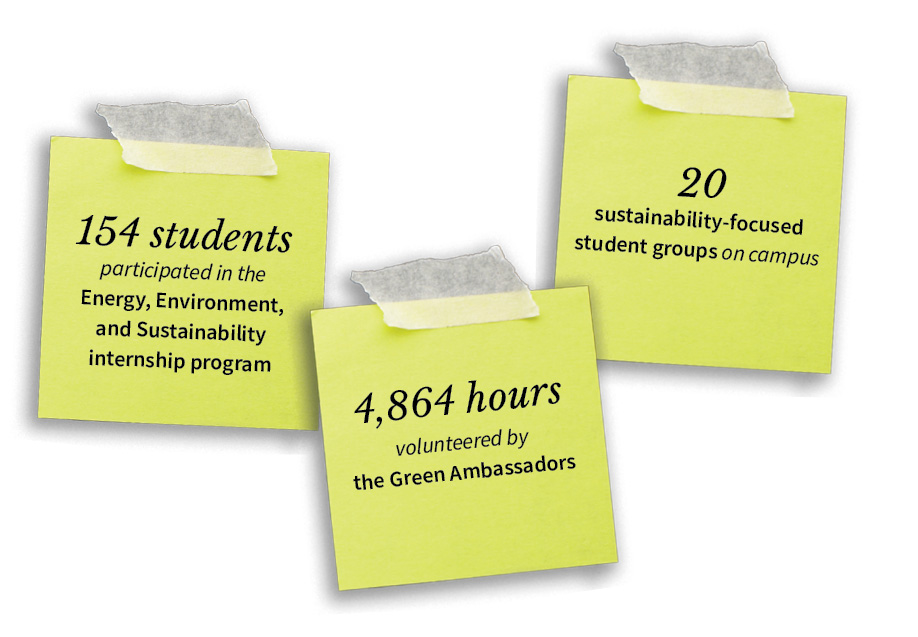
Students are integral to campus sustainability. As of spring 2020, 154 students have participated in WashU’s Energy, Environment, and Sustainability internship program, Green Ambassadors have volunteered 4,864 hours, and 20 sustainability-focused student groups are active on campus.
Coming together to address complex environmental concerns
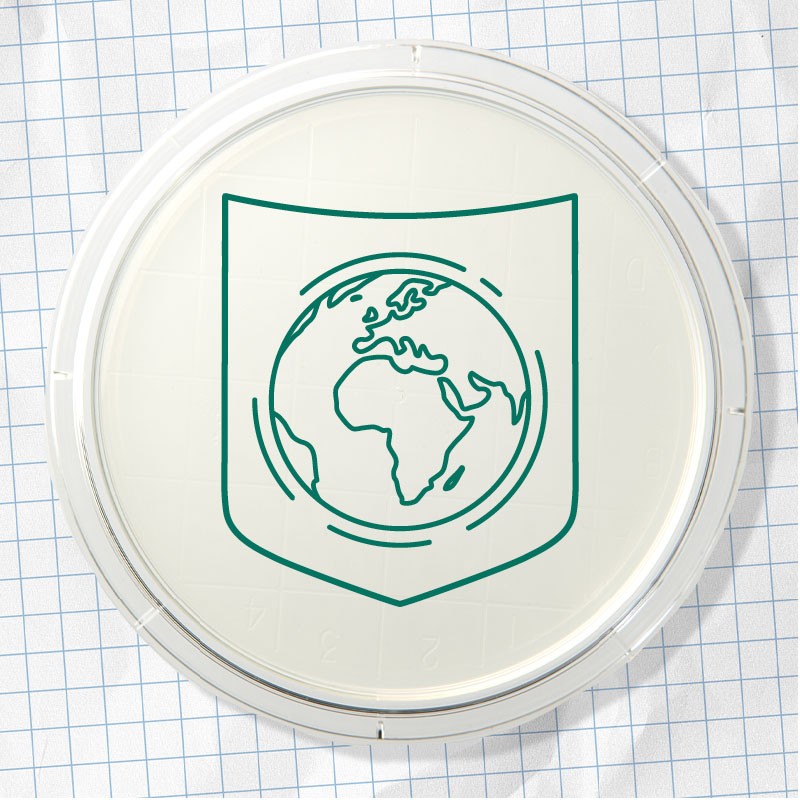
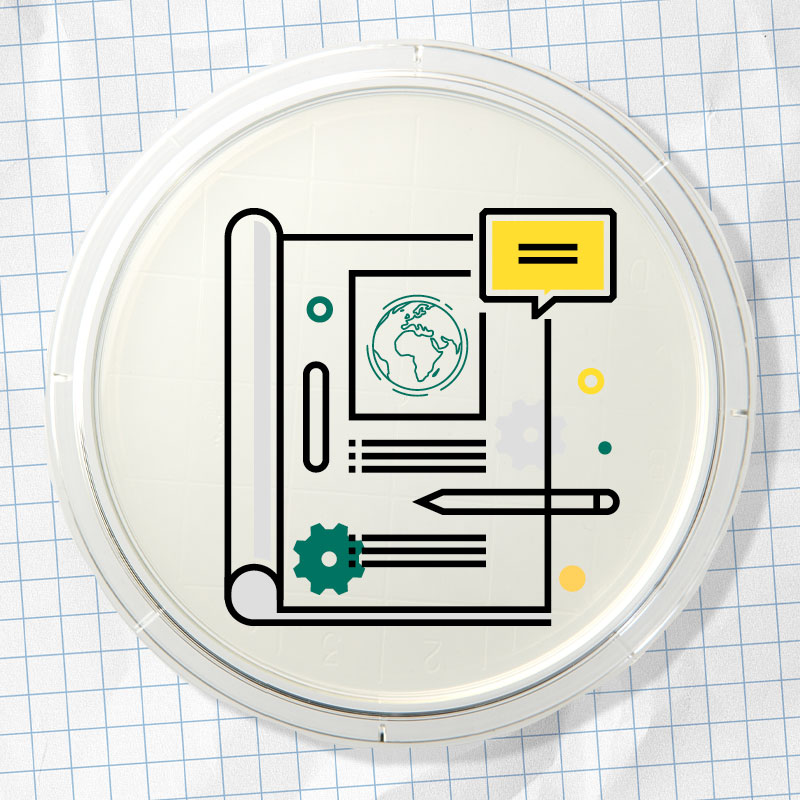
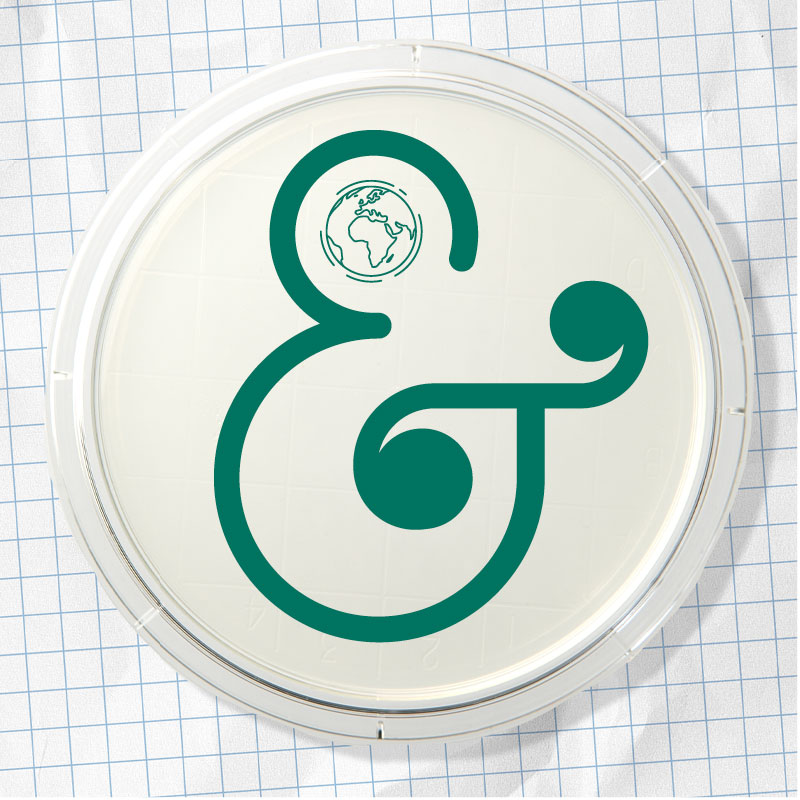
Putting the promise into action
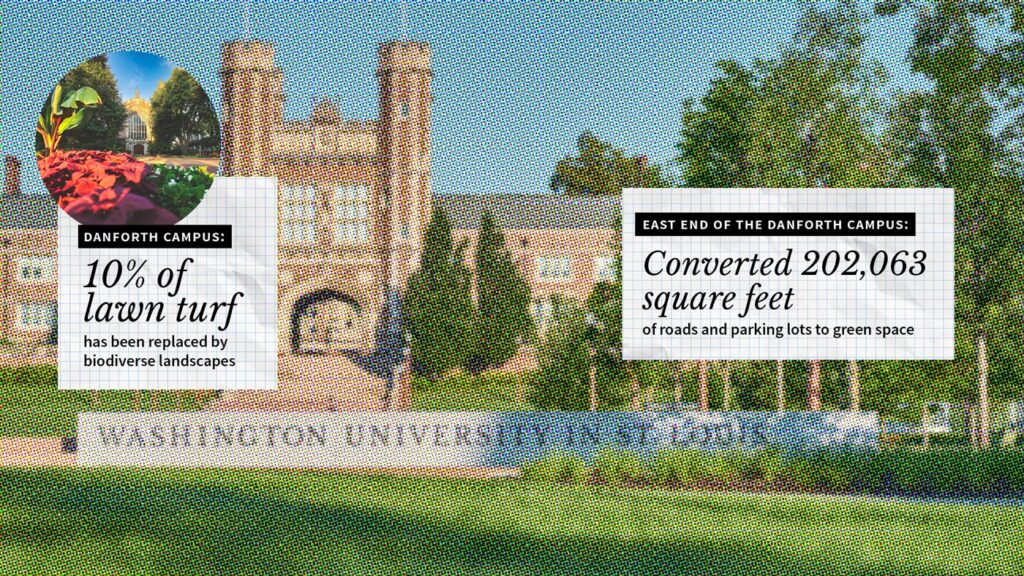
Native and ecologically beneficial landscapes. At Washington University, 10% of lawn turf on the Danforth Campus has been replaced by biodiverse landscapes since 2010. On the east end of campus, the university prioritized native plantings and converted 202,063 square feet of roads and parking lots to green space.
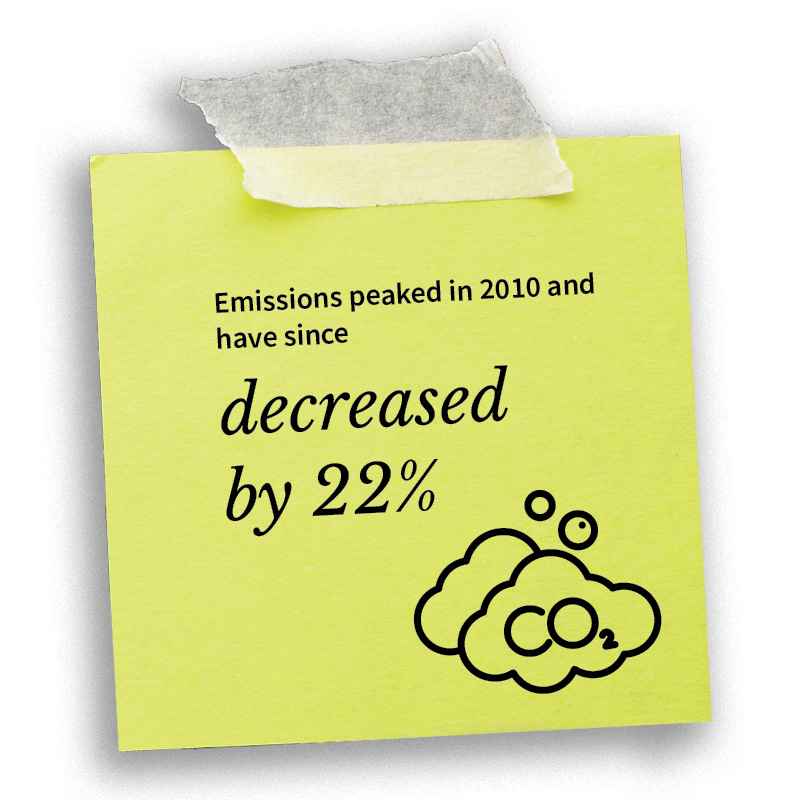
Cutting emissions while continuing to grow. Square footage of buildings on the WashU campus has doubled since 1990, but greenhouse gas emissions today are nearly the same as they were in 1990. Emissions peaked in 2010 and have since decreased by 22%.
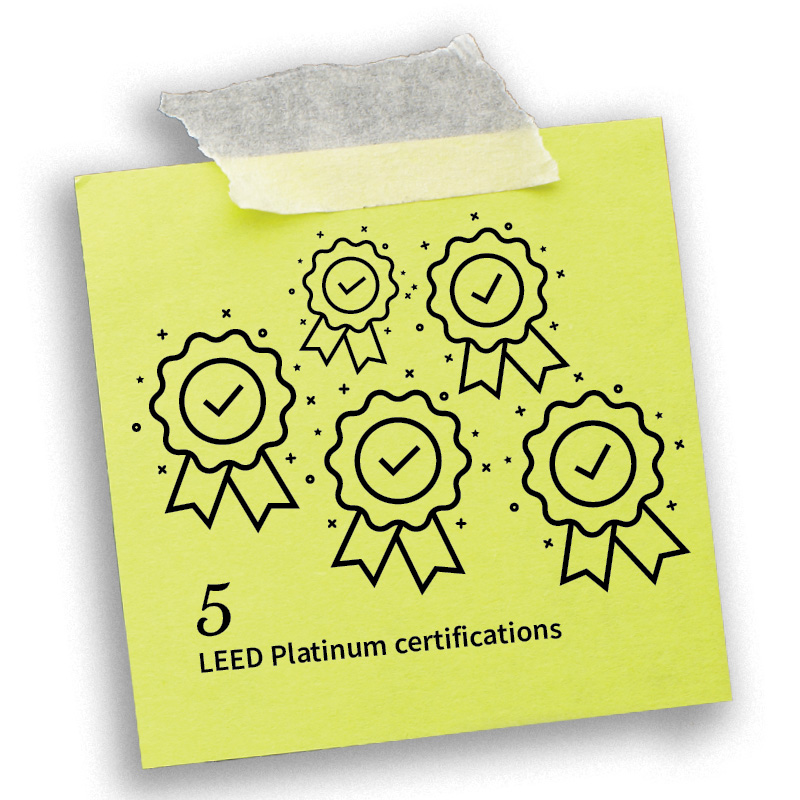
Leading the way with LEED certifications. With the completion of the East End Transformation, WashU received five LEED Platinum certifications in 2020, a major milestone in our commitment to being a national leader in sustainable building.
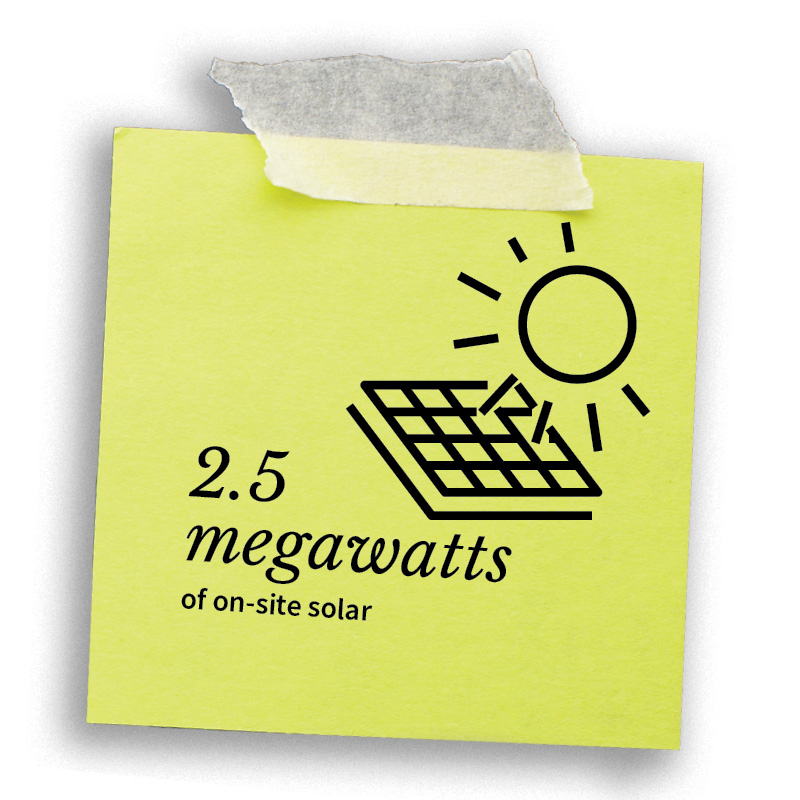
Expanding solar energy production.WashU is now home to 2.5 megawatts of on-site solar, making it one of the largest producers of on-site solar energy in the St. Louis area.
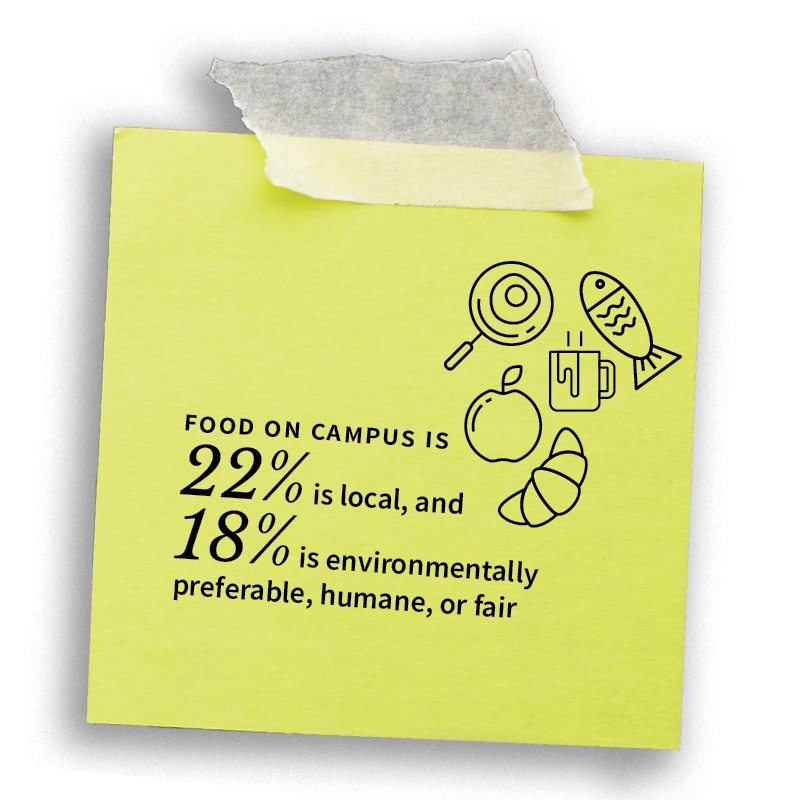
Buying local products and support local people and businesses. Of WashU’s food and beverage purchases, 22% is local, and 18% is environmentally preferable, humane, or fair.
Getting it done, now
“We talked to people in the community, we talked to the government … to understand the gaps.”
Ani Vallabhaneni
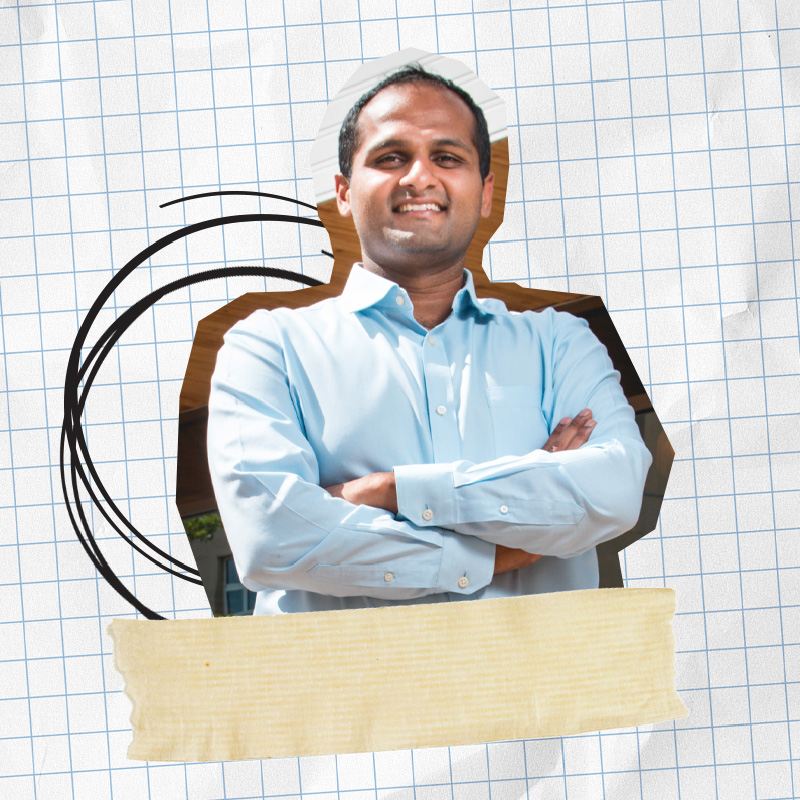
Ani Vallabhaneni
More than 4 billion people worldwide don’t have access to sanitation or use methods that release untreated waste back into the environment, which leads to the spread of deadly diseases. WashU alumnus Ani Vallabhaneni is helping to change that.
Vallabhaneni, who earned bachelor’s degrees in business and computer science in 2002, is co-founder and CEO of Sanergy, which is bringing important sanitation services to underserved neighborhoods in Nairobi. “We can provide the same level of hygiene, the same level of public safety and public health, and get into areas where it is physically and economically impossible to provide sewerage,” Vallabhaneni says.
Josiah Cox
Josiah Cox, an alumnus of WashU’s Olin Business School, says the problems faced by Flint, Michigan, a few years ago were the tip of the iceberg for community water supplies. His company, Central States Water Resources, takes smaller, often-neglected community water and wastewater systems — many of which become dangerous to the homes they serve — then repairs and operates those utilities. “That’s what we do ,” he says. “We effectively transform smaller, often neglected water systems, without asking for taxpayer subsidies or capital investments paid upfront by consumers.”
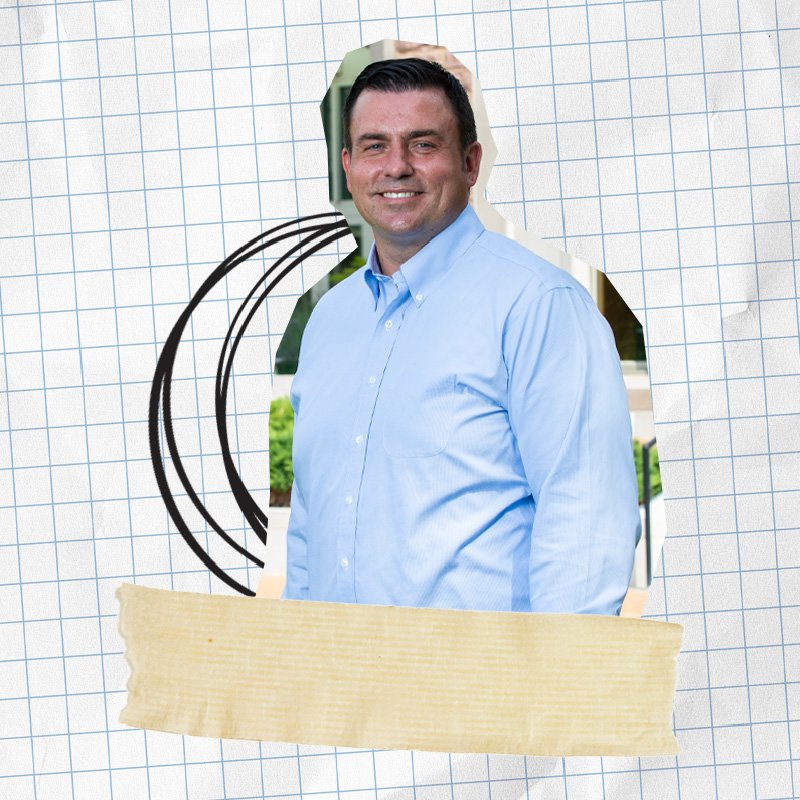
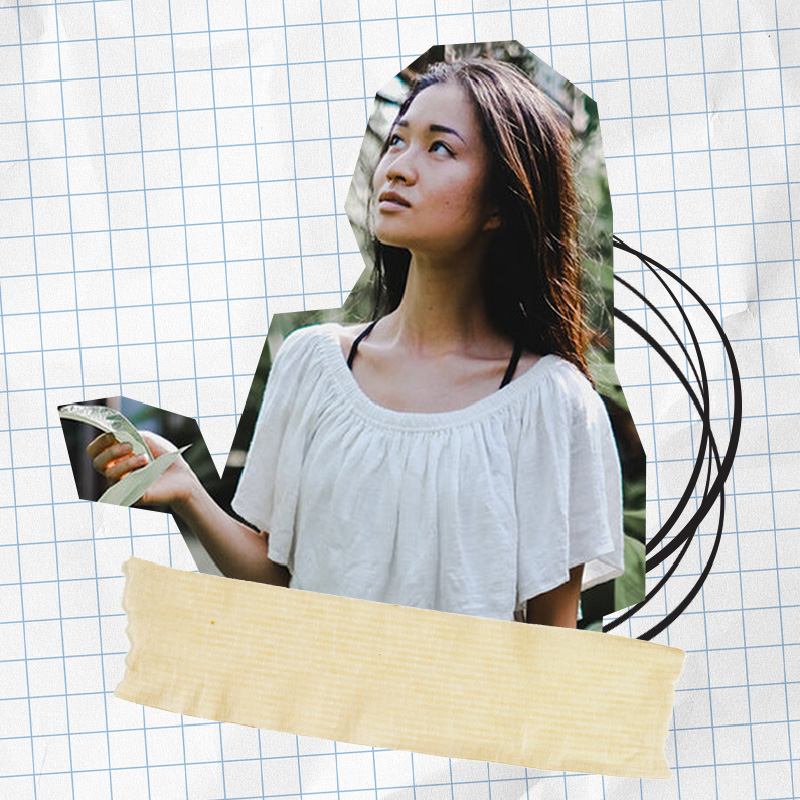
Kamea Chayne
Another example of someone devoting her life’s work to sustainability issues is Kamea Chayne, who earned a degree in psychology from WashU in 2015 with minors in environmental studies and marketing. She uses just about every new media platform available to get the message across that sustainability is a not a habit, it’s a lifestyle. That includes our mental and emotional health, Indigenous teachings and social justice. From books to blogs to newsletters and podcasts, Chayne is convinced real change can occur but the approach must be holistic. “When you shift your worldview from human supremacy to biocentrism — seeing humans as members of our greater Earth community rather than separate — it becomes clear that reparative justice within human communities is a part of ecological regeneration,” she says.
Producers: Kristin Grupas and Erika Ebsworth-Goold
Writer/Editor: Leslie McCarthy
Multimedia producer: Anne Cleary
Video production: Tom Malkowicz
Visual design: Monica Duwel
Web design: Brandy Rustemeyer
Copyediting: Ryan Rhea
Contributors: Sharon Derry, Talia Ogliore, Cassaundra Moore
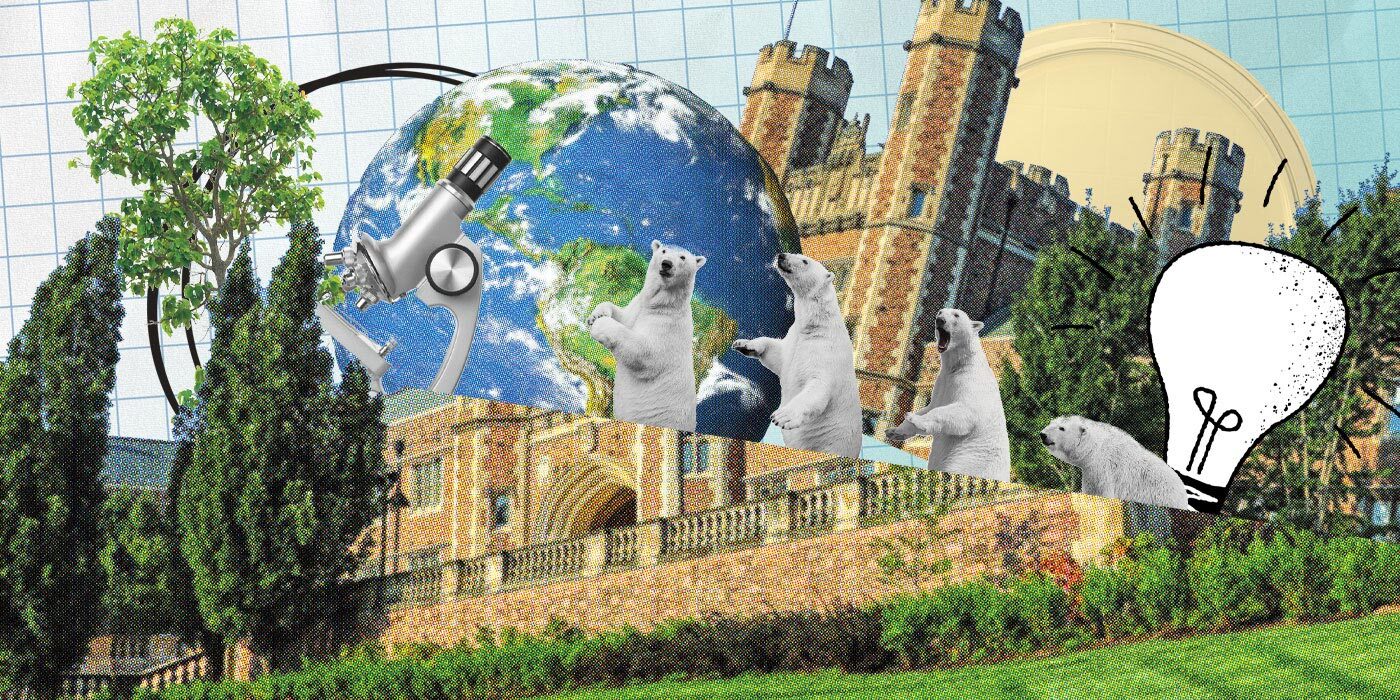
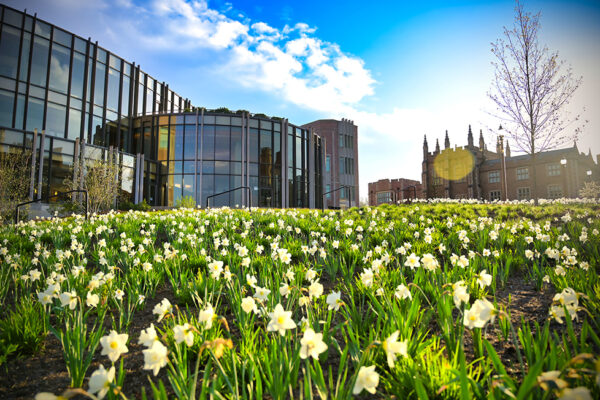
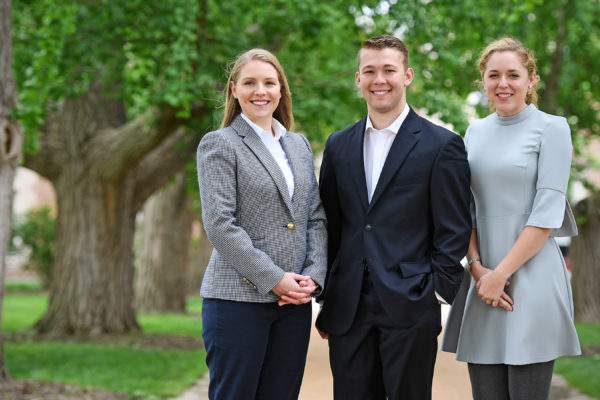
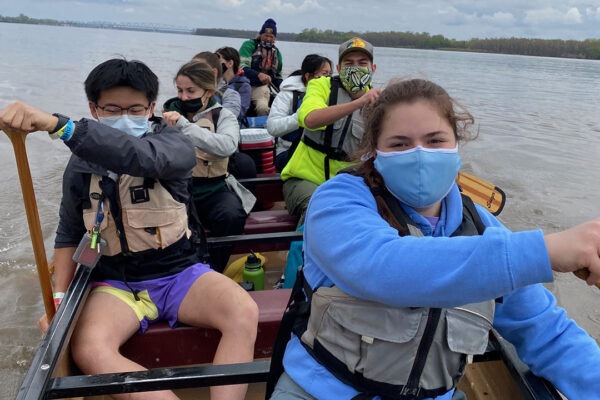
Comments and respectful dialogue are encouraged, but content will be moderated. Please, no personal attacks, obscenity or profanity, selling of commercial products, or endorsements of political candidates or positions. We reserve the right to remove any inappropriate comments. We also cannot address individual medical concerns or provide medical advice in this forum.